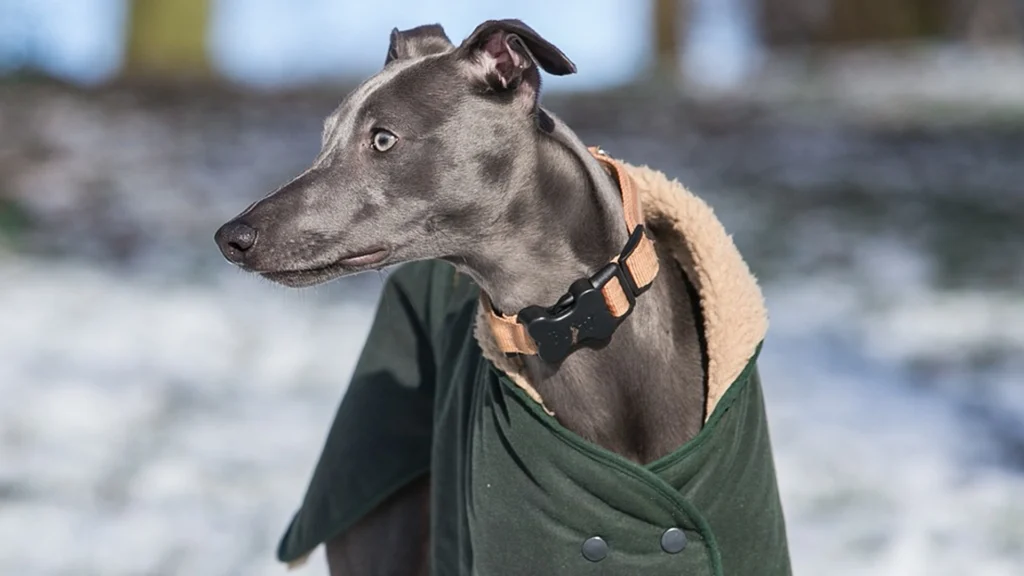The Non-Sporting Group: A Diverse Array of Breeds
The Non-Sporting Group is a fascinating and diverse category within the American Kennel Club (AKC). This group encompasses a wide range of breeds that do not neatly fit into the other specific groups, such as Sporting, Working, or Herding. Despite their varied sizes, appearances, and original purposes, dogs in the Non-Sporting Group share a common trait: they often make excellent companions and beloved family pets.
Historical Development
The Non-Sporting Group was established to accommodate breeds that had unique characteristics and functions but did not fall under the typical classifications of other groups. Over time, as more breeds were developed and recognized, this group became a catch-all category for those that were distinct and did not fit into the established working roles like hunting, guarding, or herding.
Characteristics of the Non-Sporting Group
The defining characteristic of the Non-Sporting Group is its diversity. This group includes breeds of various sizes, coat types, and temperaments, each with its own unique history and purpose. Here are some of the general traits and features you can expect from breeds in this group:
Variety of Sizes: Dogs in the Non-Sporting Group range from small to large. For example, the diminutive French Bulldog contrasts sharply with the larger Dalmatian.
Distinct Appearances: The group boasts a wide range of appearances, from the curly-coated Poodle to the sleek Boston Terrier.
Varied Backgrounds: Each breed has a unique history and original purpose, some being companions, others bred for specific tasks such as coaching or performing in circuses.
Adaptability: Many breeds in this group are highly adaptable to different living environments, making them suitable for both city and country life.
Popular Breeds in the Non-Sporting Group
Several well-known breeds belong to the Non-Sporting Group, each with its own distinct characteristics and appeal:
French Bulldog: Known for their bat-like ears and affectionate nature, French Bulldogs are small, sturdy dogs that make great companions.
Dalmatian: Famous for their distinctive spotted coats, Dalmatians are energetic and intelligent, historically used as carriage dogs and firehouse mascots.
Poodle: Poodles come in three sizes—Standard, Miniature, and Toy—and are known for their intelligence, hypoallergenic coats, and versatility in various dog sports and activities.
Boston Terrier: Often called the “American Gentleman” due to their tuxedo-like markings, Boston Terriers are friendly, lively, and excellent companions.
Chow Chow: Recognizable by their lion-like mane and blue-black tongue, Chow Chows are known for their dignified and aloof nature.
Roles and Applications Today
While the original purposes of many Non-Sporting breeds have evolved, they continue to excel in various roles today. Their adaptability and diverse traits make them suitable for numerous applications:
Companion Animals: Many Non-Sporting breeds are beloved for their companionship and make excellent family pets due to their affectionate and loyal nature.
Therapy and Service Dogs: Some breeds, such as Poodles, are commonly used as therapy and service dogs due to their intelligence and trainability.
Show Dogs: The distinctive appearances of Non-Sporting breeds make them popular choices in conformation shows, where they often excel.
Training and Care
Training and caring for dogs in the Non-Sporting Group requires an understanding of their diverse needs and characteristics. While some breeds may be more independent, others thrive on human interaction and training. Regular exercise, proper grooming, and consistent training are essential to keeping these dogs healthy and happy.
Conclusion
The Non-Sporting Group is a testament to the incredible diversity and versatility of dog breeds. Despite their differences in size, appearance, and historical roles, these breeds share the common ability to adapt and thrive as companions and family pets. Their unique qualities and charming personalities make them cherished members of the dog community, each contributing to the rich tapestry of the canine world.
No results available


Finding a Friendly, Local Veterinarian has never been easier. LocalVeterinarians.com makes it simple to find Local Veterinarians, Veterinary Clinics, Doctors, Emergency Vets, Animal Hospitals and Pet Care Health Services. Search by location and see detailed information about each Local Veterinarian, including their services, website link, and contact information.
Click to Ask Anything!